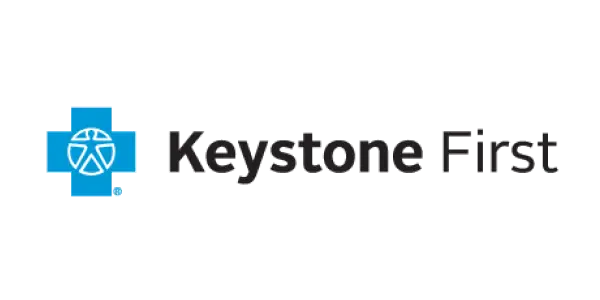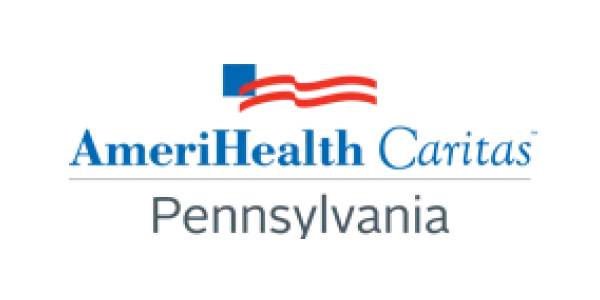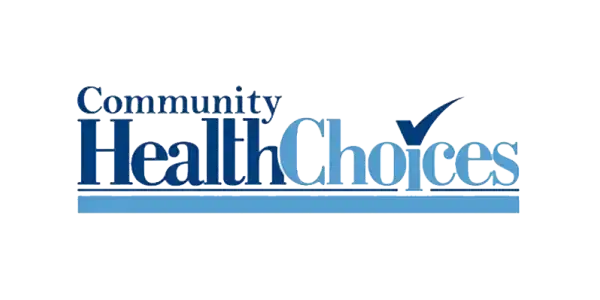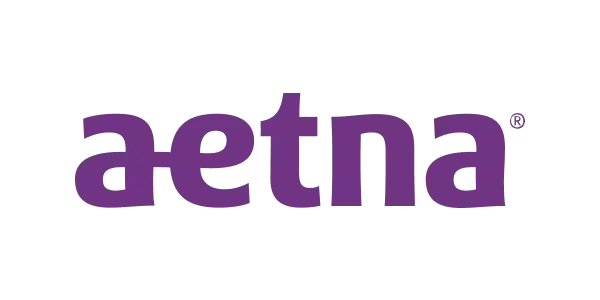Favorite Home Care can help you obtain a waiver for home care services.
As of January the 1st 2020, the so called ‘Waiver programs’ have been substituted and handed over to the insurance companies. The good news is that they provide the same services and perhaps in a friendlier customer service manner.
The waiver programs have been voided, and no longer exist in the system of the Department of Home and Community Based Services:
The below described insurance companies are the key players on the market in the State of Pennsylvania. We encourage our clients to visit their websites and better understand the eligibility criteria. We also are there to help you navigate comprehensive processes and provide detailed explanations. Each insurance company has a plan that matches the client’s needs and assessment. Our staff at Favorite Home Care Agency is experienced and knows in-depth the requirements and advantages of each individual care-plan(s). For more information, please visit:







Home care waivers, also referred to as waiver funded services, are state-level programs tailored for individuals seeking long-term care while preferring to stay within the familiar confines of their own home. These programs, supported by Medicaid, necessitate adherence to specific eligibility criteria and completion of an application process.
A person must:
For one person:
Most income is counted, including:
Examples of resources that are counted:
Examples of resources not counted:
The home:
NOTE: The resources of a parent who is applying for or receiving HCBS and is living with their child who is under the age of 21 are excluded.
Any asset that was transferred, sold, or given away within the past 60 months (look-back period) must be reviewed by the county assistance office when a person applies for Medicaid long-term care. The look-back period is determined by the date a person is admitted to an LTC facility or assessed eligible for HCBS and has applied for Medicaid long-term care.
For more information about home care qualifications please visit the Department of Human Services website here.
Also, if you are not sure if you qualify for Medicaid the American Council on Aging now offers a free, quick and easy Medicaid eligibility test for seniors that you can take here.
Not all consumers receive the same number of hours. In fact, there are often vast differences between consumers in the number of hours for which they are approved. Usually, your Medicaid Managed Care Organization (MCO) will make the final determination on how many hours of care you will receive coverage for.